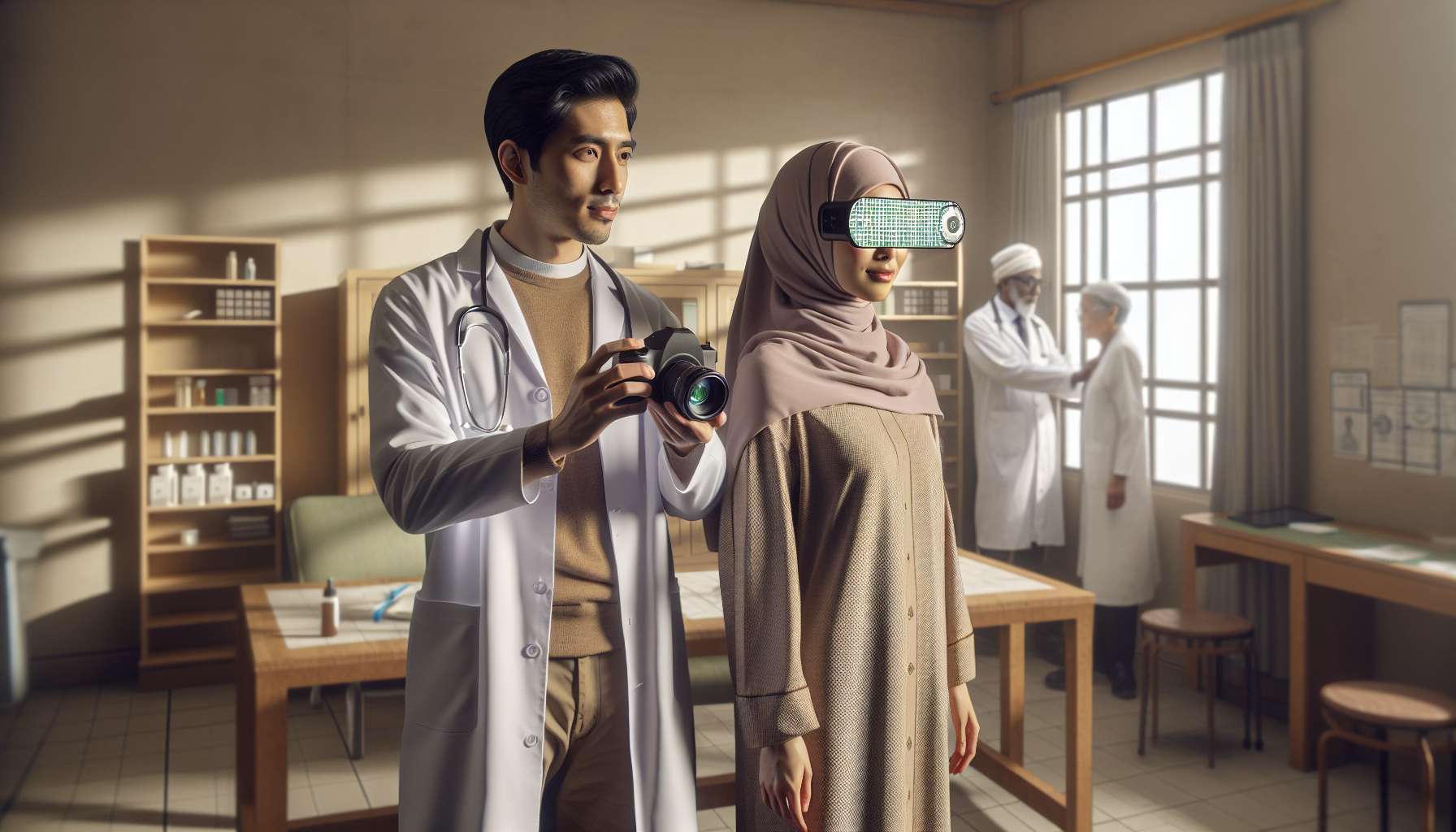Unlocking Advanced Care: The Cost-Effectiveness of AR for Small Clinics
As technology continues to advance at an unprecedented pace, the healthcare industry is embracing innovative solutions to enhance patient care and improve operational efficiency. One such technology that has gained significant attention is augmented reality (AR). But the question on the minds of many small clinic owners and operators is: Are AR applications affordable for small clinics?
Breaking Down the Cost Barrier
Traditionally, implementing cutting-edge technologies in healthcare has been associated with high costs, making it challenging for small clinics to keep up with larger healthcare institutions. However, the cost-effectiveness of AR applications has improved significantly in recent years, making it a viable option for small clinics.
AR technology relies on devices such as smartphones, tablets, or smart glasses, which are already widely available and affordable. This eliminates the need for expensive specialized equipment, reducing the upfront investment required for small clinics to adopt AR solutions.
Furthermore, the development of user-friendly AR software platforms has made it easier for small clinics to create and deploy their own AR applications without the need for extensive technical expertise. This not only reduces costs but also empowers clinics to tailor the technology to their specific needs.
Enhancing Patient Care
AR applications offer a wide range of benefits that can significantly enhance patient care in small clinics. One of the key advantages is the ability to provide real-time, interactive guidance to healthcare professionals during medical procedures.
For example, AR can overlay vital patient information, such as medical history or diagnostic images, directly onto the clinician’s field of view, allowing for more accurate and efficient decision-making. This not only improves patient outcomes but also reduces the risk of errors and complications.
AR can also be used to train medical staff, particularly in specialized procedures or rare conditions. By simulating realistic scenarios, AR applications enable healthcare professionals to practice and refine their skills in a safe and controlled environment. This not only improves the quality of care but also reduces the need for costly external training programs.
Streamlining Operations
In addition to enhancing patient care, AR applications can streamline operations within small clinics, leading to improved efficiency and cost savings. For instance, AR can be used to optimize inventory management by providing real-time information on stock levels and expiration dates, reducing waste and minimizing the risk of medication shortages.
AR can also facilitate remote collaboration and consultation, allowing healthcare professionals to connect with specialists or colleagues in real-time, regardless of geographical location. This not only improves access to expertise but also reduces the need for costly travel or referrals.
Looking Ahead
The future of AR in healthcare looks promising, with ongoing advancements in the technology and its applications. As the demand for affordable and accessible healthcare solutions continues to grow, small clinics can leverage AR to level the playing field and provide advanced care to their patients.
With the cost-effectiveness of AR applications for small clinics, the barriers to entry are diminishing, opening up new possibilities for improved patient care and operational efficiency. By embracing this transformative technology, small clinics can stay ahead of the curve and deliver exceptional healthcare experiences.
So, if you’ve been wondering whether AR applications are affordable for small clinics, the answer is a resounding yes. It’s time to unlock the potential of AR and bring advanced care to your clinic.





